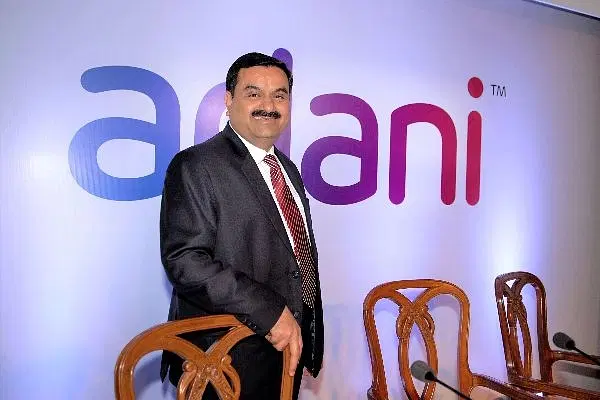Union Minister Nityanand Rai has responded to Bihar Education Minister Chandra Shekhar’s recent statement regarding the choice between a temple and a hospital, expressing perplexity over the Opposition’s stance on the Ram Temple. Rai questioned the motives behind the continuous opposition to the construction of the Ram Temple, asserting that the project represents the path of cultural freedom.
“This (Ram Temple) is the path of cultural freedom. I don’t understand what enmity they have with Lord Ram and the Ram Temple that they are opposing it again and again,” Nityanand Rai stated in an interview with news agency ANI.
Rai launched a scathing attack on Chandra Shekhar and the Opposition, suggesting a potential affinity towards figures like Babar and Afzal Guru. He asserted, “The intentions and policy that they are showing, it looks like they will hang pictures of Babar and Afzal Guru and worship them.” Rai emphasized the need for figures like Ashfaqulla Khan and Captain Hamid, rejecting the association with historical figures like Babur, Afzal Guru, or Jinnah’s ‘jinn,’ and advocating for the integrity of Lord Ram.
The controversy began when Chandra Shekhar, a minister from the Rashtriya Janata Dal (RJD), made statements questioning the preference between a temple and a hospital. He stated, “If you get injured, where will you go? Temple or hospital? If you want education and want to become an officer, MLA, or MP, will you go to a temple or school?” Shekhar’s remarks were seen as a reflection on prioritizing education and healthcare over temple visits.
Rai criticized the Opposition minister’s comments, highlighting the significance of the Ram Temple as a symbol of cultural freedom. He countered the narrative, stating, “Here, Lord Ram’s integrity is needed,” and suggested that the opposition’s stance raises questions about their relationship with Lord Ram.
Chandra Shekhar had defended his remarks, citing the support of RJD MLA Fateh Bahadur Singh, who echoed sentiments expressed by historical figure Savitribai Phule. Shekhar emphasized the importance of education and cautioned against “pseudo-Hindutvaad and pseudo-nationalism.” He argued that Lord Ram resides within every individual, questioning the necessity of seeking specific sites for worship.
Rai’s response underscores the broader debate over the intersection of cultural, religious, and political narratives in India, particularly concerning the construction of the Ram Temple in Ayodhya. The project, a significant undertaking, has witnessed diverse opinions and interpretations, reflecting the complex sociopolitical landscape of the country.
As the discourse on cultural identity, education, and healthcare continues, the controversy surrounding Chandra Shekhar’s remarks underscores the ongoing dialogue and differing perspectives within the political landscape. The comments made by Union Minister Nityanand Rai further contribute to the narrative, highlighting the cultural and symbolic significance attributed to the Ram Temple project and its role in shaping discussions on national identity and values.














